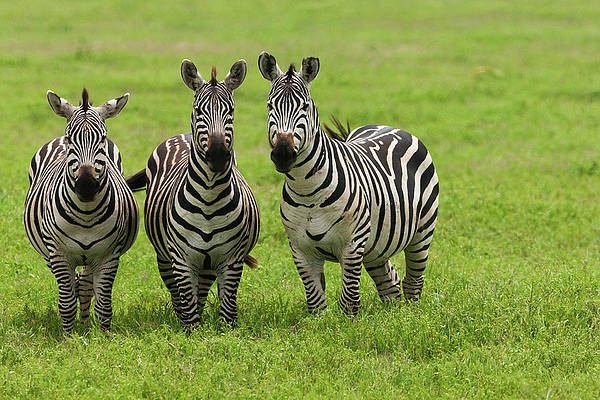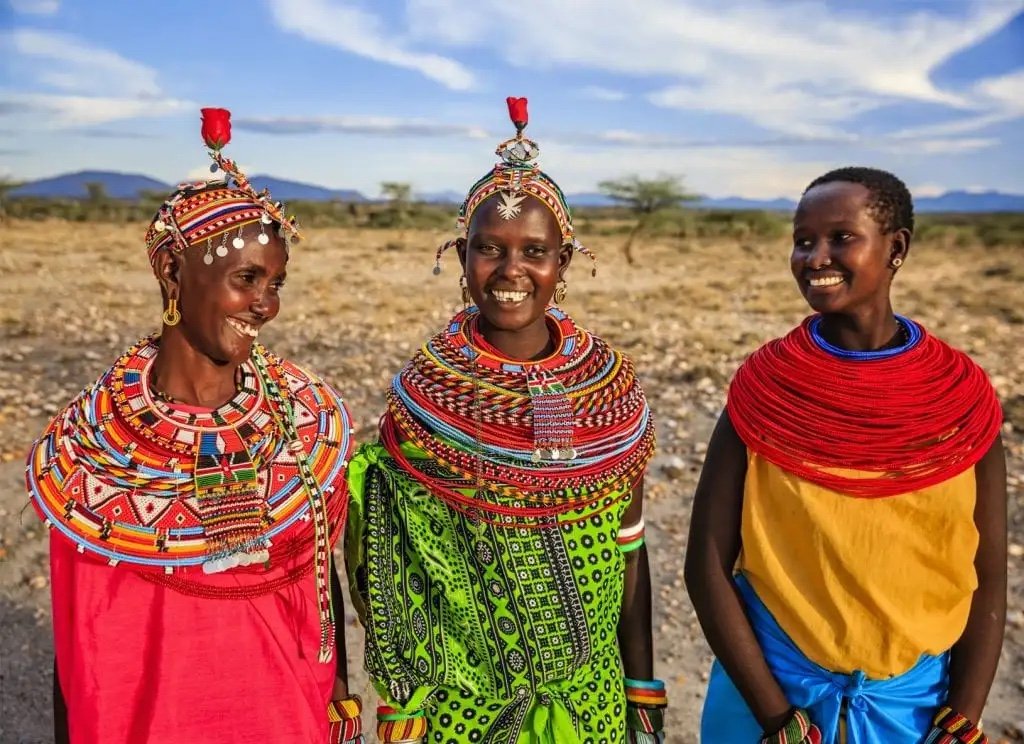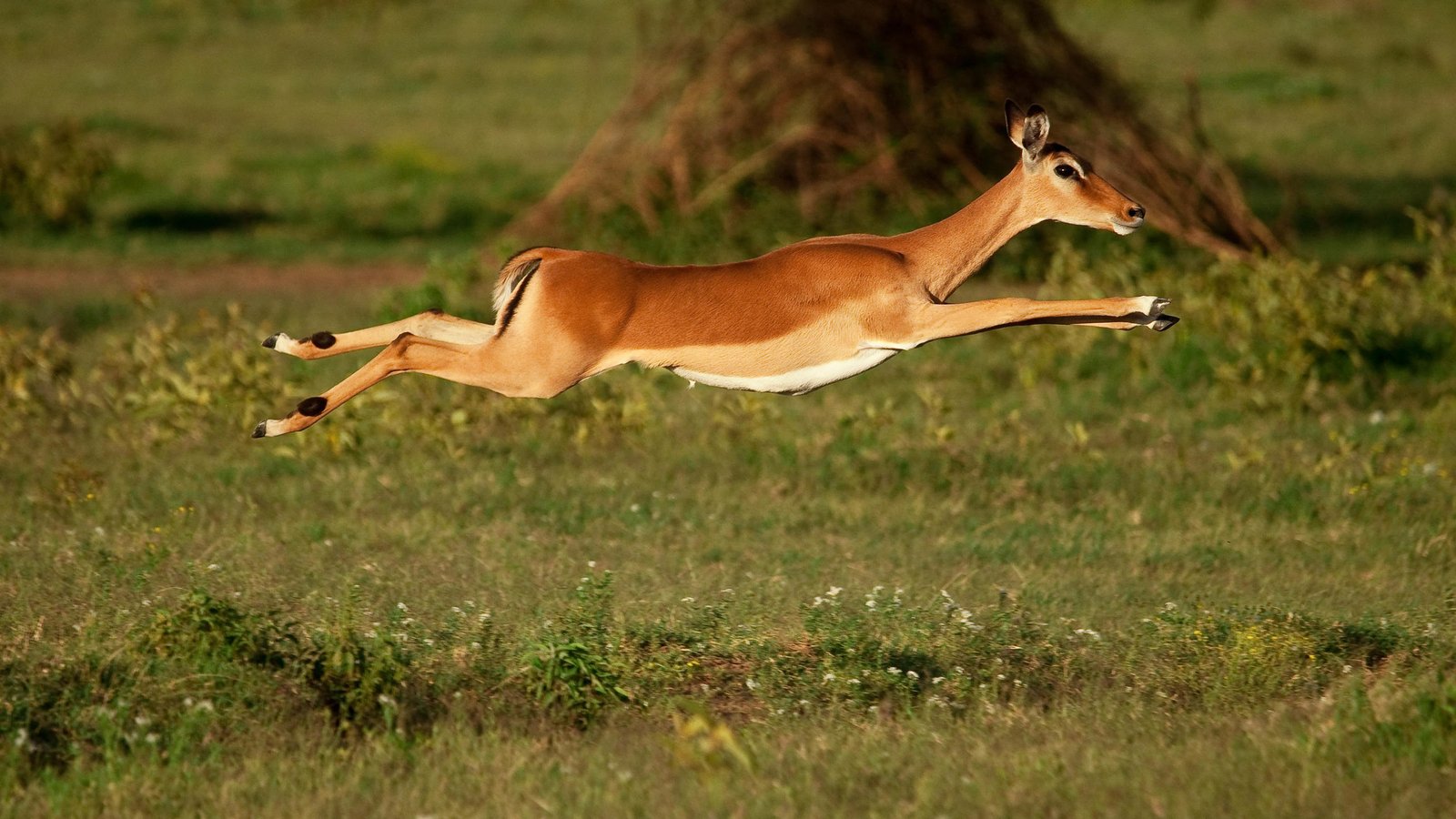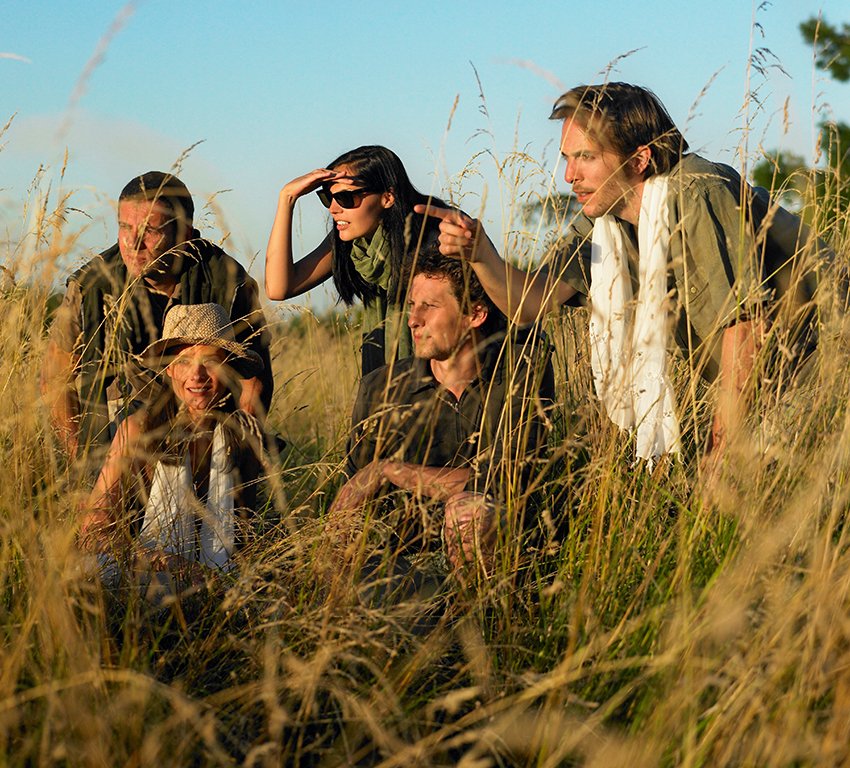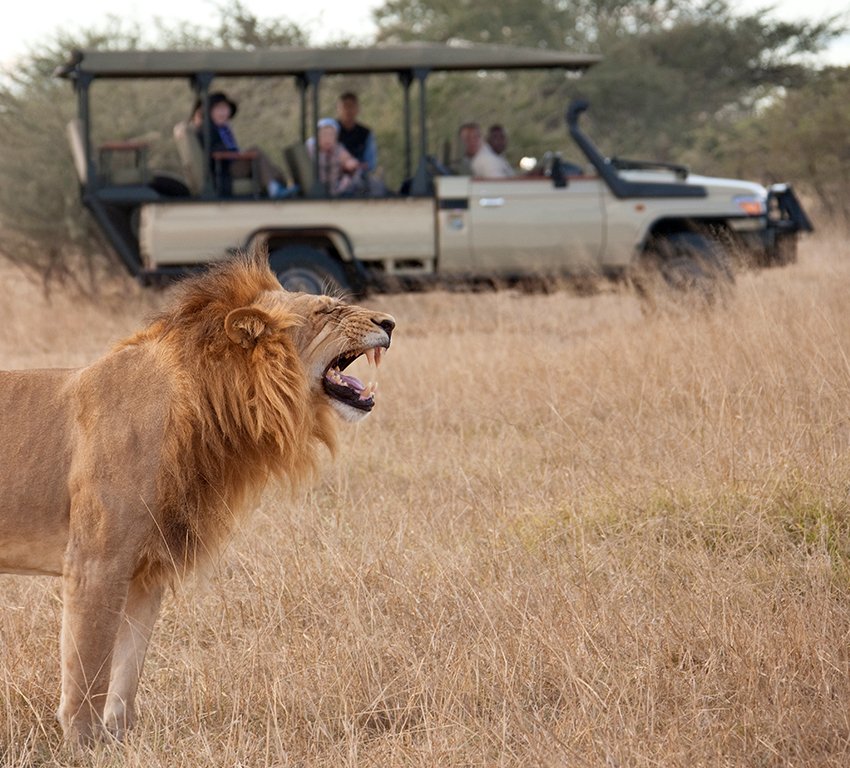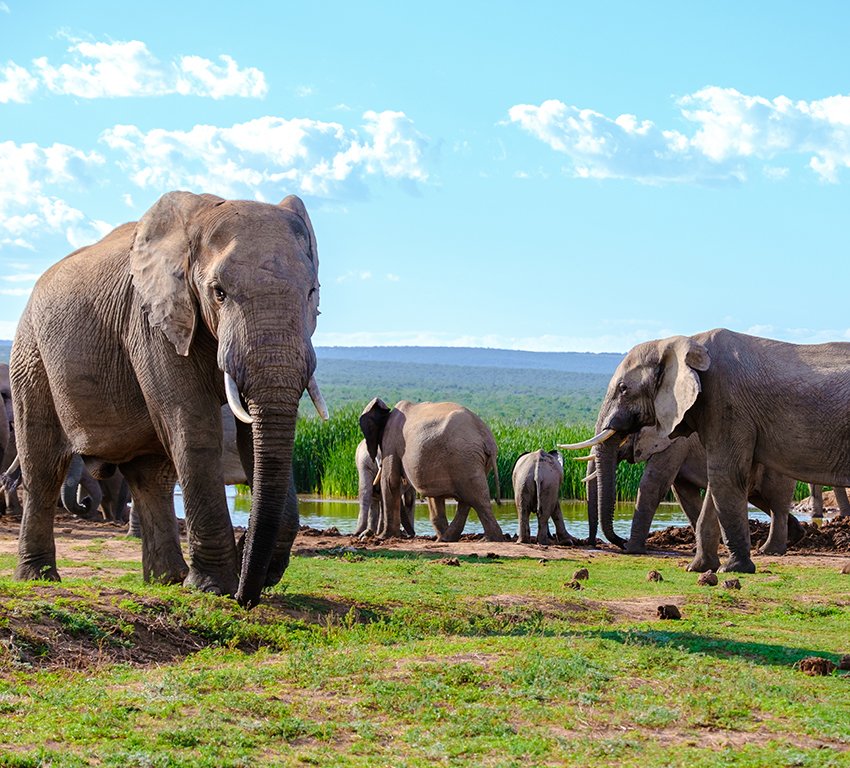Ecotourism: Embracing Responsible Travel with Ease
The term “ecotourism” often enters our conversations, particularly when we’re planning our journeys and contemplating an African safari. But what does ecotourism truly entail, and why should it matter to us?
In essence, ecotourism revolves around the idea that when we travel, we should be mindful of and accountable for our impact on the land, wildlife, and communities we encounter. It’s about safeguarding the natural environment and making conscientious choices.
Certainly, the desire to minimize our ecological footprint and even contribute positively to the places we explore is shared by many. Here are ways to heighten your awareness and enhance the environment during your safari adventures.
Defining the Essence
To grasp the concept, let’s delve into the definition offered by the International Ecotourism Society: “Responsible travel to natural areas that conserves the environment, sustains the well-being of local people, and involves interpretation and education.
Considering every facet of our journey, let’s begin with your chosen outfitter. Are they aligned with eco-conscious ideals? Do they discuss their own environmental practices? How lightly do they tread upon the land?
Even seemingly routine elements like accommodations warrant a fresh green perspective. Enter eco-lodges, a pioneering solution for those committed to minimal impact. These havens utilize renewable energy sources, implement efficient lighting and water conservation practices, and opt for recycling and non-toxic cleaning products.
Choosing an eco-lodge contributes to local employment and preserves natural resources, all while fostering a deep connection to the surrounding environment.
A Connection to Local Communities
Beyond their ecological benefits, eco-lodges offer an inviting human element. They provide an avenue to engage with indigenous communities, offering insights into local cultures and ways of life. Travelers gain firsthand knowledge through guided walking safaris, learning about the land and wildlife from those who intimately understand it.
Active Ecotourism
Yet, let’s not forget that ecotourism is vibrant and thrilling. Safari enthusiasts experience this vitality when they track magnificent creatures in their native habitats. Upholding a respectful distance from wildlife and avoiding overcrowding in parks and viewing areas ensures the continued protection of these precious landscapes for generations of animals to come.
Low-impact adventure pursuits like guided hikes, cycling, and water activities such as snorkeling are integral to ecotourism. Additionally, embracing cultural, culinary, and historical endeavors grants the opportunity to observe and absorb the lives of others. A visit to a historic fort, monument, or local kitchen offers enrichment and deepens the bond with resident communities.
Ultimately, showing reverence for local perspectives and beliefs fosters mutual enrichment.
As you’ll soon discover, ecotourism is a force for good that extends to the environment, wildlife, local communities, and the intrepid traveler alike. The rewards reaped are as significant as the contributions you make to your surroundings.


